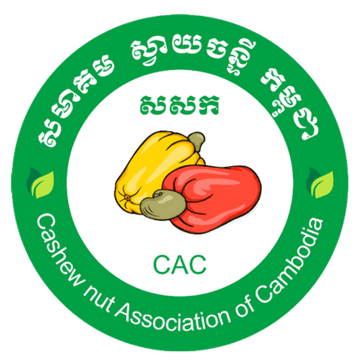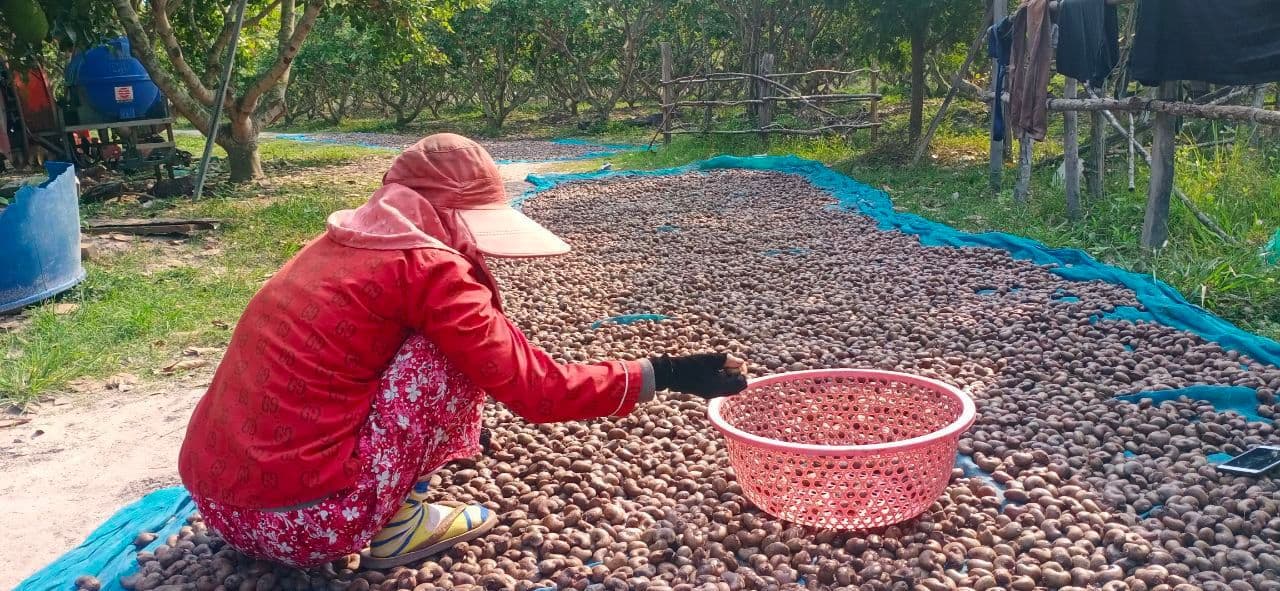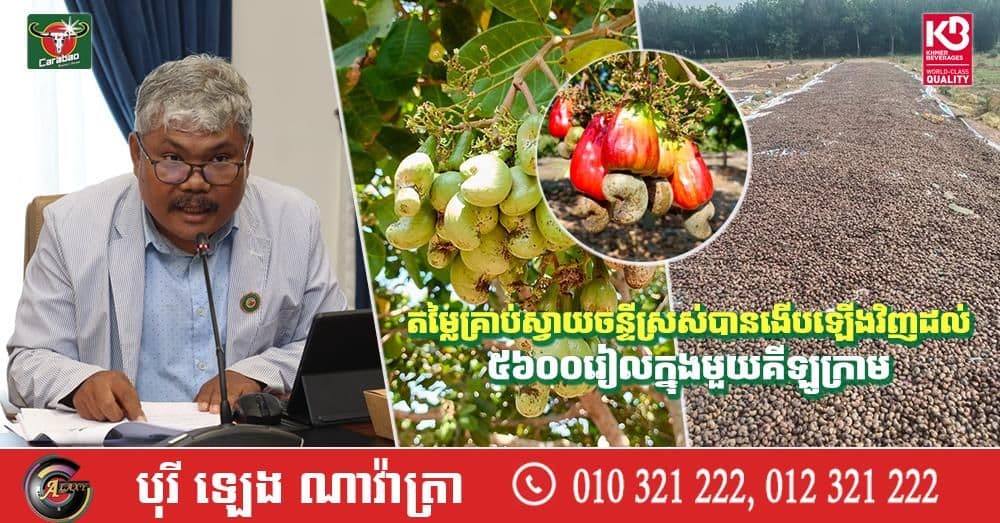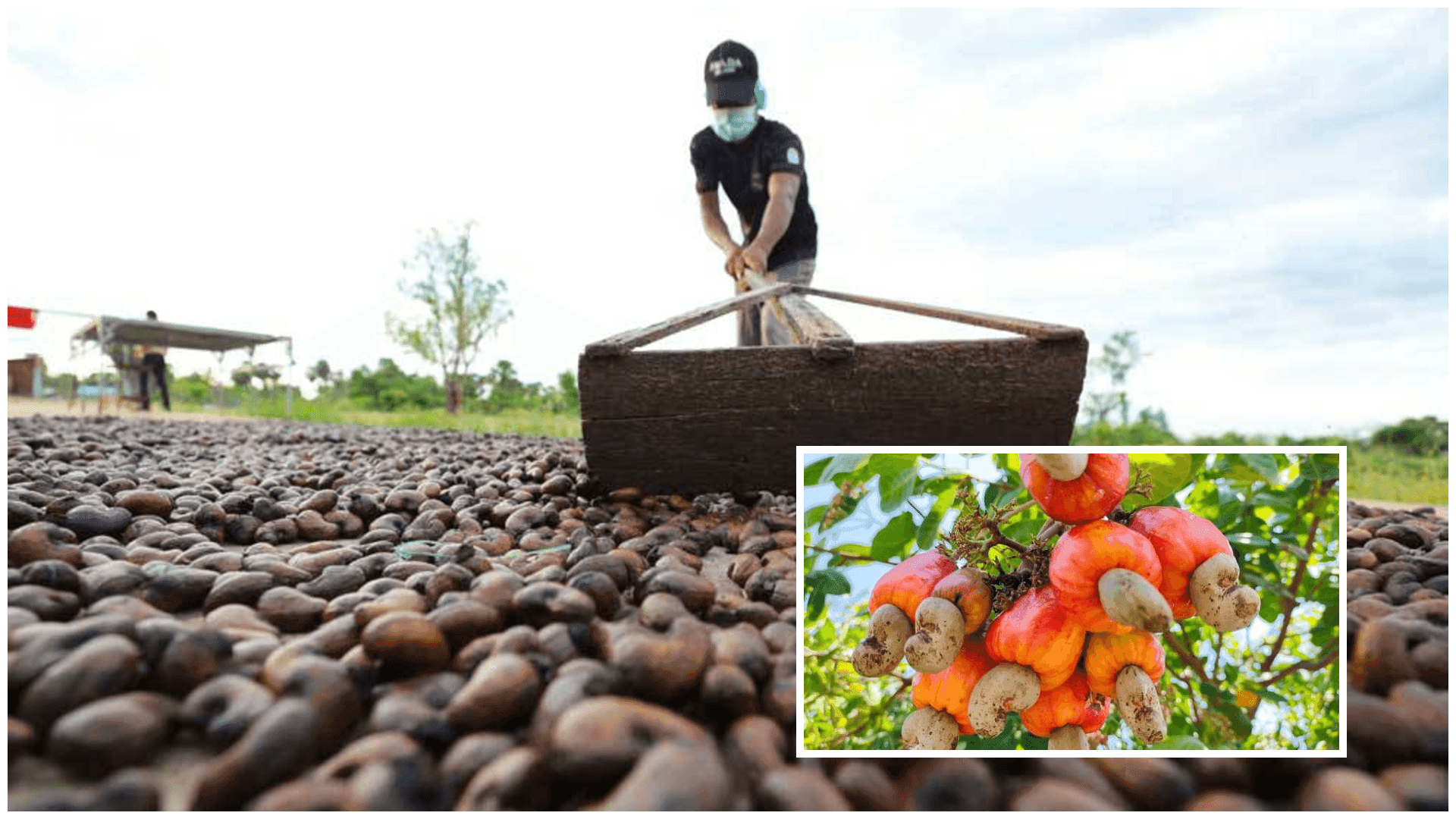CAC News
Phnom Penh, November 2, 2025 — Tanzania’s cashew harvest season, which typically runs from October to January, is facing severe disruptions this year as post-election political violence grips the country. The instability has prevented foreign traders from participating in the country’s cashew auctions, triggering a ripple effect across the global cashew market.
The absence of foreign buyers has created supply shortages for raw cashew nuts (RCN) in major processing hubs such as Vietnam and India. In an effort to meet their export commitments, several processing companies have been forced to secure raw materials at sharply higher prices.
The disruption has also altered market dynamics in Southeast Asia. Normally, cashew prices in Cambodia decline between September and January, as traders turn their attention to harvests in Tanzania and Indonesia. However, in October 2025, the price of RCN in Cambodia surged to $2,050 per ton, fueled by the supply bottleneck in Tanzania.
Across Africa, India and Vietnam are locked in intense competition to secure raw cashew supplies. India currently enjoys an advantage, owing to its long-standing trade ties with West African producers and strong contract farming arrangements with local growers.
Meanwhile, Vietnamese traders in Cambodia are offering higher prices than their Indian counterparts, leveraging geographical proximity and more efficient logistics to secure supplies. Despite these challenges, Indian buyers have notably ramped up their cashew purchases over the past two years, signaling a sustained effort to maintain their foothold in the global market.
As Tanzania’s political crisis continues, said Silot Uon, President of CAC and an industry analyst warn that prolonged instability could further tighten global cashew supplies and push prices even higher in the months ahead.






